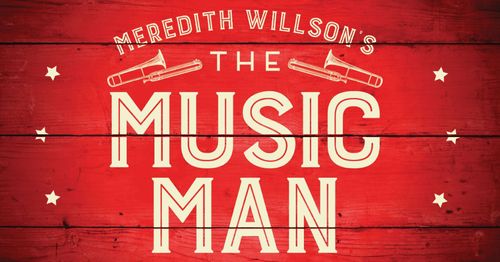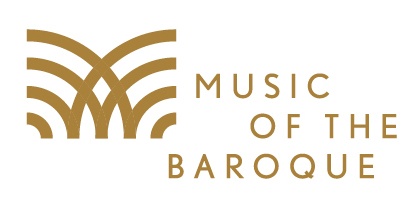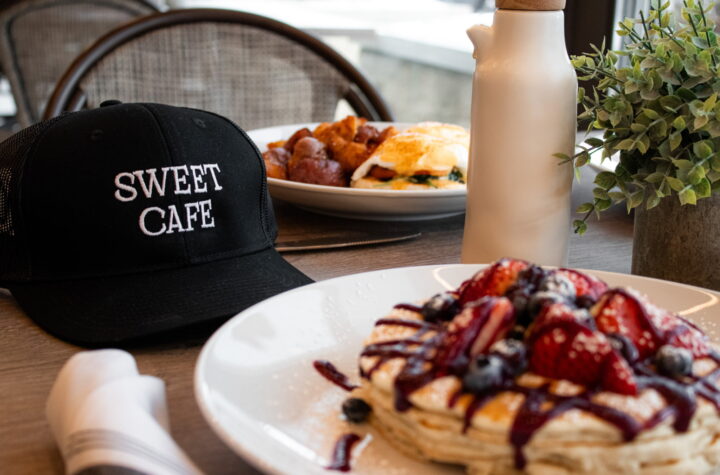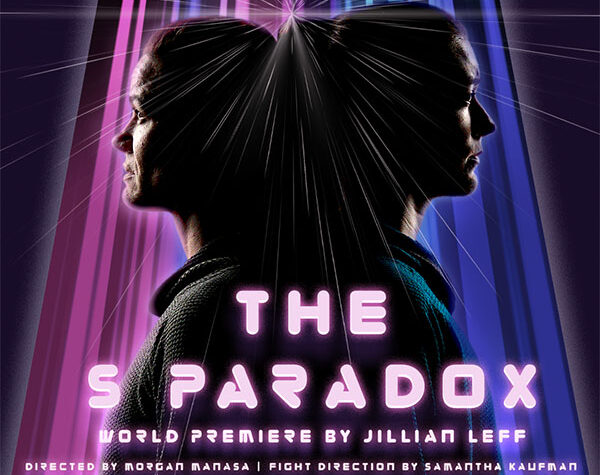
[rating=3] Duke Ellington is considered America’s greatest composer, band leader, and recording artist. He was the most prolific composer of the twentieth century and he spent over 50 years redefining and synthesizing his music which he referred to as “American Music” rather than jazz. He wrote music for just about any venue; the ballroom, the nightclub, the concert stage, and he was the master of the romantic ballad. His arrangements were layered and complex; and his orchestra often featured great solo artists.
“Queenie Pie” is Ellington’s unfinished vision of an opera, unknown to most of us; it blends his big band sound with the musical styles of opera, jazz, and musical theater. He was still working on it when he died in 1974. There have been several attempts to complete his work, only bits and pieces remained, but most have been unsuccessful. The Chicago Opera Theater presents its new adaptation of “Queenie Pie” to kick off its 40th season at the Harris Theater for Music and Dance in Millennium Park. This new production features interpolated additional songs from Ellington’s canon to complete the score, a new adaptation of the Libretto by Ken Roht, and new orchestrations by Jeff Lindberg.
The story begins as we see Queenie (Karen Marie Richardson) hosting a party for herself to celebrate her tenth Queenie Pie title, a national honor bestowed on the most talented and powerful beautician in the country. Her hair straightening products have given her fame, fortune, and power. Among the attendees are her business manager and sometimes lover, Holt Faye (Keithon Gipson)and her always present manservant and advisor Lil Daddy (Jeffrey Polk). Her annual party is a destination for those in the know and she wants everyone there to admire her. Suddenly, in walks Cafe’ Au Lait (Anna Bowen) a younger, glamorous and fashionably lighter skinned competitor for the Queenie title. She announces her intention to set up a beauty shop in Harlem and to dedicate herself to winning next year’s coveted crown. Queenie becomes jealous as interest in Café Au Lait increases, and the situation is exacerbated when Holt Faye falls for her and becomes her manager. This sets the stage for a shooting, imprisonment, depression, a trip to an uncharted island to find a magic flower, and ultimately, reconciliation.
Ellington’s street opera or “Jazzaretta” as I view it was inspired by the life of Madam C. J. Walker, the first African American self-made woman millionaire, who developed and sold a line beauty products.
This work not only showcases his music, but also touches on the serious issues of aging, social acceptance, and African American discrimination between the lighter and darker skinned, which was of concern to Ellington.
This is an ambitious production, especially since it celebrates black history month, and, for 1 1/2 hours, it attempts to bring to life the persona of Duke Ellington. The opening number “New York New York” is snappy and captures the spirit of the Big Apple, while the island number “Full Moon at Midnight” is the essence of Ellington. Café Au Lait’s“Black Butterfly” is another memorable song. With such delightful music and a strong cast, it is too bad that the libretto is weak, lacking cohesiveness and character depth and leaving the production wanting for more development.
Karen Marie Richardson is Queenie and she works hard to make the most of her role as a controlling yet vulnerable business woman. She has a big voice and delivers strong vocals. Anna Bowen’s Café Au Lait is sassy, spirited, a menacing antagonist with a sweet voice. Keithon Gipson does double duty with ease as the two timing Holt and the lonely Island King. Jeffrey Polk also takes on two roles and shows his versatility as Queenie’s advisor/servant Lil Daddy and the silly island witch doctor.
Ken Roht’s direction and choreography are adequate and the costumes by Dabney Ross-Jones are representative of the time. Brandon Baruch’s does a good job of lighting the set and the set design by Danila Korogodsky although simple, is effective enough. The Chicago Jazz Orchestra, directed by Jeff Lindberg, is terrific. This production need s work and is lacking in depth. The cast of singers and dancers give you their best throughout the performance and the orchestra is outstanding, but in the end it is not enough.
The Chicago Opera Theater’s production of “Queenie Pie” continues at 7:30 p.m. on Friday Feb. 21, Sunday Feb. 23 at 3:00 p.m. and Wed. March 5, at 7:30 p.m. at Harris Theater for Music and Dance, 205 E. Randolph Drive; Tickets, $35-$125, 312-704-8414, chicagooperatheater.org.
There is plenty of parking in the adjacent Millennium Park garage







More Stories
“The Music Man”
“The S Paradox” reviewed by Julia W. Rath
“A Year With Frog and Toad”